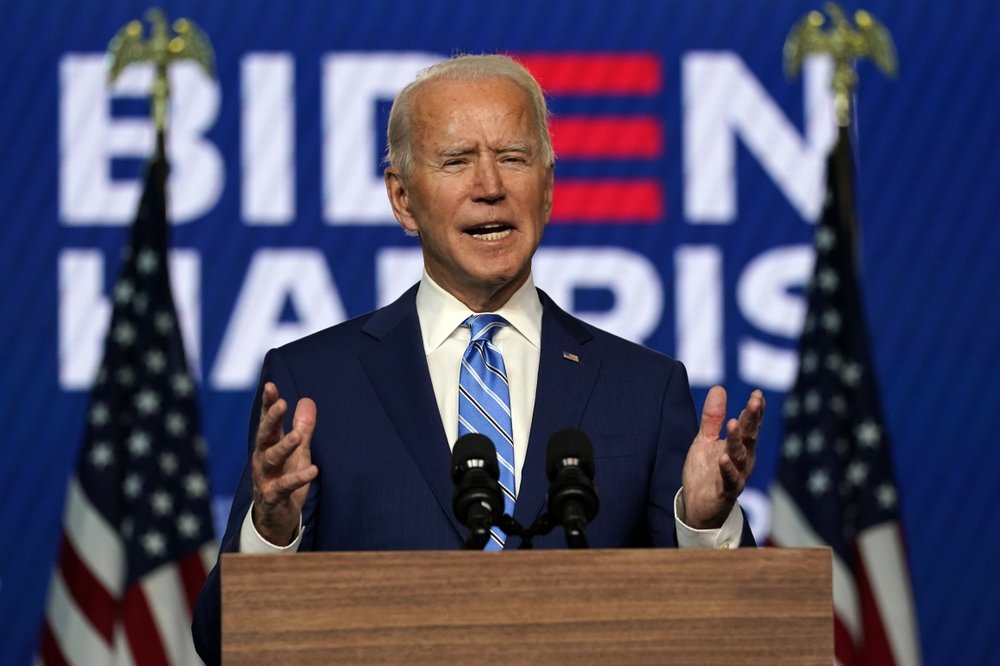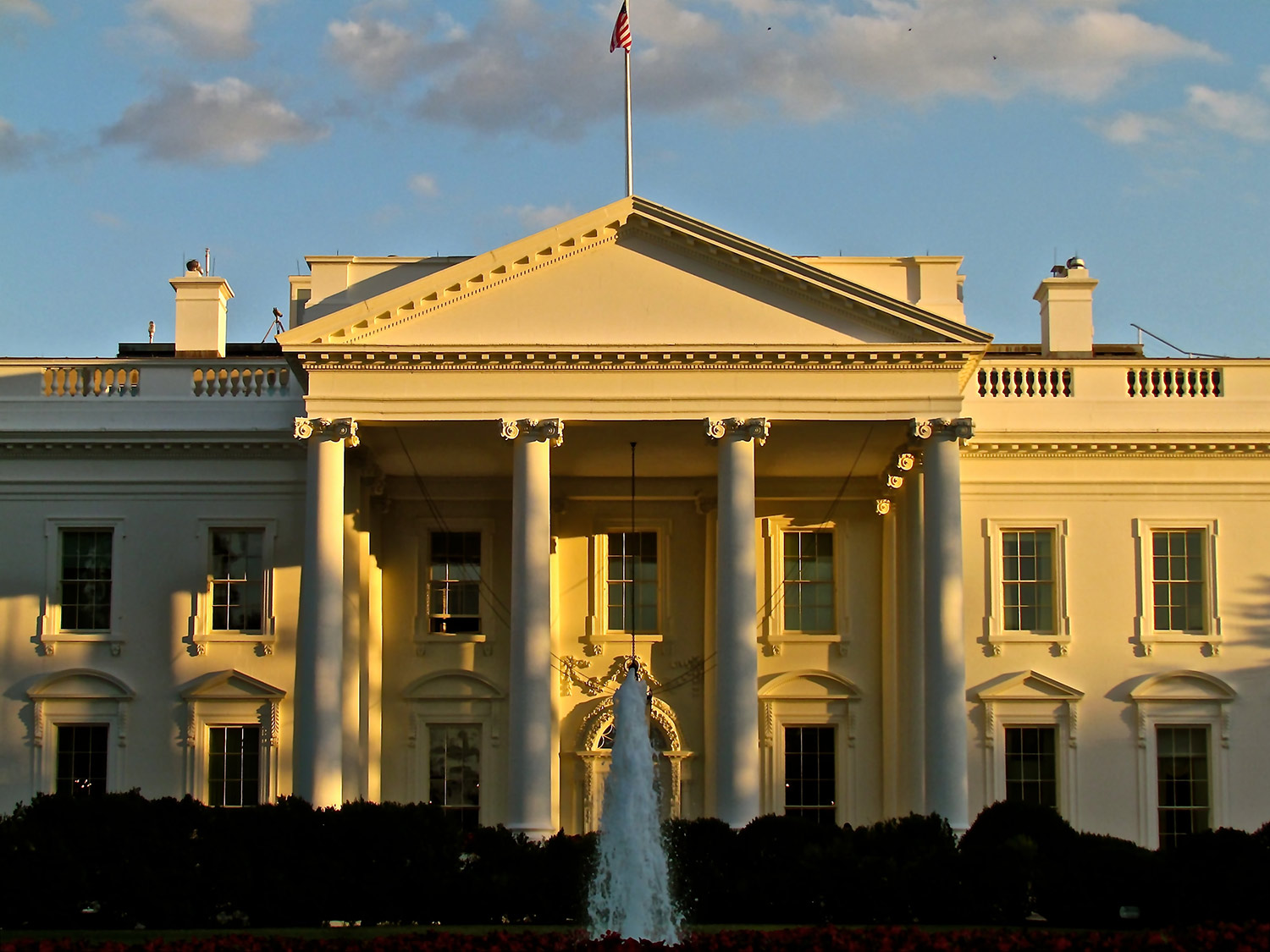Republicans are calling for President Biden to step down from the White House, citing concerns over his leadership and decision-making. Many in the GOP believe that Biden’s actions have been detrimental to the country and that his resignation is necessary for the well-being of the nation. Critics point to a variety of issues, including the handling of the crisis at the southern border, the withdrawal of troops from Afghanistan, and the economic impact of his policies. Some Republicans argue that Biden is not fit to lead the country and that his resignation would be in the best interest of all Americans.
The call for Biden to resign comes as tensions between Republicans and the administration continue to escalate. Many GOP lawmakers have expressed frustration with what they see as a lack of transparency and accountability from the White House. Some have accused Biden of overstepping his authority and disregarding the Constitution in his decision-making. Others argue that his policies are harming the economy and putting the country at risk.
Despite the growing calls for his resignation, President Biden has shown no signs of stepping down. In a recent press conference, he defended his administration’s actions and reiterated his commitment to serving the American people. Biden acknowledged the challenges facing the country but expressed confidence in his ability to lead. He emphasized the need for unity and cooperation across party lines, urging Republicans to work with him to address the nation’s pressing issues.
The debate over Biden’s resignation has sparked a broader conversation about the role of the presidency and the responsibilities of a sitting president. Some argue that it is essential for leaders to be held accountable for their actions and that resignation is a necessary step in maintaining the integrity of the office. Others believe that calls for resignation are politically motivated and seek to undermine the legitimacy of the current administration.
As the debate rages on, it remains to be seen whether President Biden will heed the calls for his resignation or continue to lead the country. The issue has become a divisive point of contention between Republicans and Democrats, highlighting the deep political divisions that exist in the United States. With the 2022 midterm elections on the horizon, the question of Biden’s leadership and the future of the country will likely remain at the forefront of the national conversation. Ultimately, the decision to resign or remain in office lies with President Biden, and only time will tell how this contentious debate will unfold.

The Call for Resignation
In recent times, there has been a growing chorus of voices calling for the resignation of public officials. This call for resignation stems from a variety of reasons, including alleged misconduct, incompetence, or failure to fulfill the duties of their office. The demand for resignation is often driven by a sense of betrayal or disappointment in the individual’s ability to effectively serve the public interest.
When public officials are seen as no longer being able to carry out their responsibilities, the call for resignation becomes louder and more urgent. This demand for accountability is seen as a way to restore trust in the government and ensure that those in power are held to a high standard of conduct.
The call for resignation is not just about removing a single individual from office, but about sending a message that unethical behavior will not be tolerated and that those in positions of power must be held accountable for their actions. As the public becomes more vocal in demanding accountability from their leaders, the call for resignation will continue to be a powerful tool in holding those in power to a high standard of conduct.
Reasons Behind the Call
The reasons behind the call can vary greatly depending on the circumstances and motivations of the individual making the call. In some cases, the call may be made out of a sense of duty or responsibility to report a potential threat or danger. This could be motivated by a desire to protect oneself or others from harm. In other instances, the call may be made out of concern for the well-being of someone in need of assistance. This could be driven by empathy and a desire to help those in vulnerable situations.
Additionally, the call may be made as a way to seek guidance or information on a particular issue or problem. This could stem from a need for clarity or direction in navigating a complex situation. Ultimately, the reasons behind the call can be influenced by a multitude of factors, including personal values, beliefs, and experiences.
It is important to consider the underlying motivations behind the call in order to better understand the intentions of the individual making it. By examining these reasons, we can gain insight into the complexities of human behavior and the various factors that drive individuals to take action in different situations.
Responses from the White House
The White House has issued statements in response to recent events, addressing concerns and providing updates on the administration’s actions. The responses have emphasized the importance of upholding the values of democracy and protecting the rights of all individuals.
The White House has also emphasized the need for collaboration with other government agencies and international partners to address complex challenges facing the country. In addition, the White House has expressed a commitment to transparency and accountability in its decision-making processes.
Overall, the responses from the White House have sought to reassure the public and demonstrate a commitment to addressing pressing issues in a thoughtful and strategic manner. The White House has also made efforts to engage with various stakeholders, including community organizations and advocacy groups, to ensure that diverse perspectives are taken into account.
As the administration continues to navigate a rapidly changing political landscape, the responses from the White House will likely continue to evolve in response to new developments and emerging priorities. Ultimately, the White House’s responses reflect a desire to promote unity and progress for the benefit of all Americans.

Legislative and Party Dynamics
Legislative and party dynamics play a crucial role in shaping the political landscape of a country. Elected officials within a legislative body often align themselves with a political party, which helps to establish a framework for decision-making and policy development. These party dynamics can influence the way in which laws are proposed, debated, and ultimately enacted.
The strength of a party within the legislature can determine its ability to push through its agenda and priorities, while also shaping the overall political discourse within the country. Additionally, party dynamics can impact the level of cooperation and collaboration between lawmakers, as well as the level of partisan polarization that exists within the legislative body. The interaction between different parties within the legislature can lead to the formation of alliances and coalitions, which can further influence the legislative process.
Furthermore, party dynamics can also impact the balance of power within the government, as the ruling party often holds a significant advantage in terms of setting the legislative agenda and shaping public policy. In some cases, party dynamics can also lead to gridlock and political stalemate, as competing parties struggle to find common ground on key issues. Overall, legislative and party dynamics are complex and multifaceted, playing a critical role in shaping the political landscape and influencing the direction of government policy.

The Path Forward
As we navigate our way towards progress, it is essential that we focus on finding solutions that promote harmony and unity within our communities. The path forward requires us to engage in open and honest dialogue, where we can listen to diverse perspectives and work together to address issues that affect us all. It is important to remember that change does not happen overnight, but through sustained effort and collaboration.
By acknowledging the complexities of the world we live in, we can begin to uncover the root causes of social challenges and develop strategies to overcome them. As we move forward, it is crucial that we prioritize empathy and understanding, recognizing that each individual brings a unique set of experiences and beliefs to the table.
By fostering a culture of respect and inclusivity, we can create a more equitable society for all. Ultimately, the path forward is one that requires courage and resilience, as we confront the obstacles that stand in our way and strive to build a brighter future for generations to come. It is up to each of us to take the necessary steps towards progress, embracing the journey ahead with determination and optimism. By working together towards a common goal, we can shape a world that is more just, compassionate, and sustainable for all.
